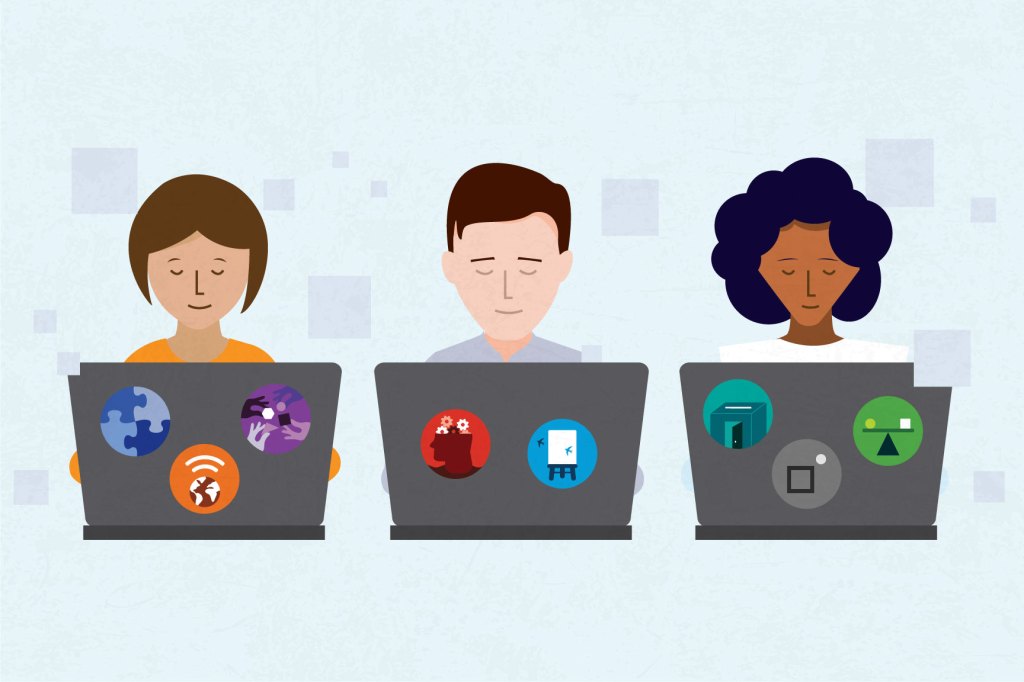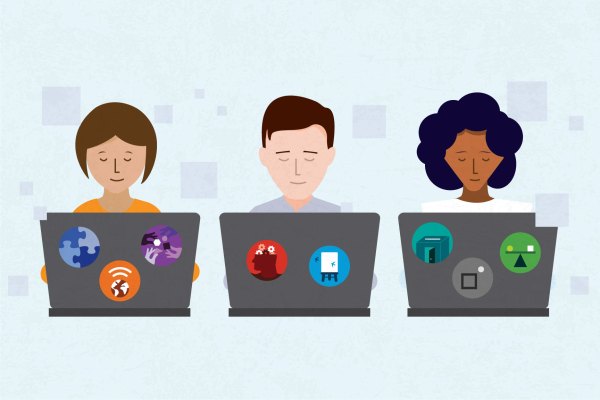
Learn more about the tech fellows program here and the growing field of Public Interest Tech.
What does being a technologist mean to you? How did you become one?
The term “technologist” is broad to the point of losing meaning, but I think that’s a good thing, particularly when it comes to describing a role rather than a set of qualifications. Especially in social justice spaces, it’s useful to be clear about the fact that we have people thinking specifically about how technology and connectivity present challenges and opportunities for our work. The breadth of the term is useful for allowing people with diverse backgrounds, both in terms of skills and demographics, to fit into such a role.
My own path to Ford started with organizing and advocacy, led to studies in public policy, then continued into working in the field of human rights. I don’t have a tech degree and I haven’t held a job in Silicon Valley, but technology and data have been a central part of how I’ve tried to have an impact.
In your own words and understanding: what is a tech fellow?
Being a tech fellow at the Ford Foundation means something different for each of us. It can mean acting as a resource for our colleagues as they evaluate new projects and strategize around new policy issues, and it can also mean supporting grantees who are wrestling with challenges like how to collaborate securely, use data to target their organizing, or advocate on technical policy issues. But we’re at our best when we are partnering with colleagues, grantees, and others in the fields we care about to think deeply about the ways in which technology, data, and connectivity are changing the nature of social justice work in ways large and small.
Technology is essentially neutral, but it can be used for good or evil purposes—or something in between. Give us an example that’s especially resonant for you.
Even if tech and data systems were neutral, the world isn’t. Power dynamics get replicated and exacerbated online, which can erode civic space, punish vulnerable and marginalized groups, and shape public opinion without much scrutiny. I’ve been thinking a lot about the next census in the US, which in 2020 will be mostly online for the first time. A census is a fundamental step in representing everyone in the country, and moving it online opens up a lot of opportunities for getting people counted more efficiently. But there is also a lot we don’t know about who is at risk of being left out, how secure the data will be, and how we maintain public confidence in the process amid anxieties about government data collection, internet privacy, and misinformation.
What are you most excited about in the world of tech innovation today? What about in the area of social justice you’re specifically focused on—or at the intersection of the two?
I’m excited about the ways that so many different communities are taking advantage of the proliferation of connectivity and mobile technology to tell their stories, organize, and build power using everything from YouTube to WhatsApp to virtual reality. On the other hand, I’m concerned about people’s reliance on those big, commercial platforms and the lack of social justice voices in the spaces where decisions are made about how those platforms, and the internet as a whole, are designed and governed.
What do you really want people working to advance social justice to know about tech?
Technology and data are not separate from most of our social justice fights; they’re woven throughout them. The key is to give them the right amount of emphasis in our work. As the researcher and author Ursula Franklin said, “There is no technology for justice. There is only justice.”
What’s your favorite example of tech in pop culture, and why?
I’ve only seen the first season of Mr. Robot, but I really enjoyed how it manages to dig into issues of privacy, security, and the corporate forces that shape so much of our lives.

